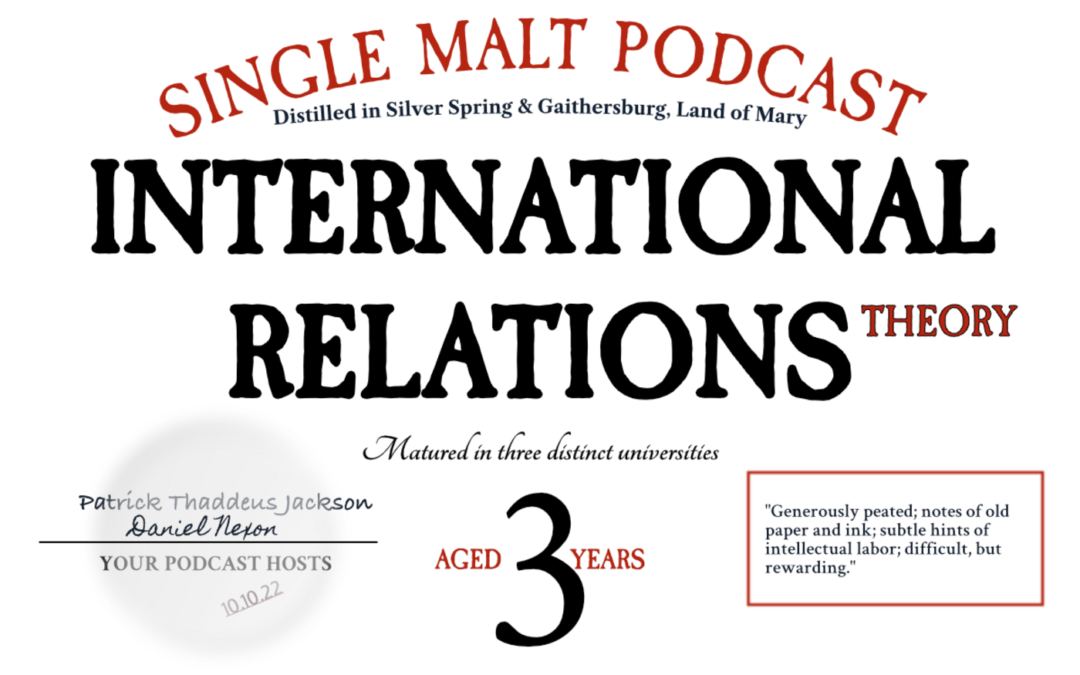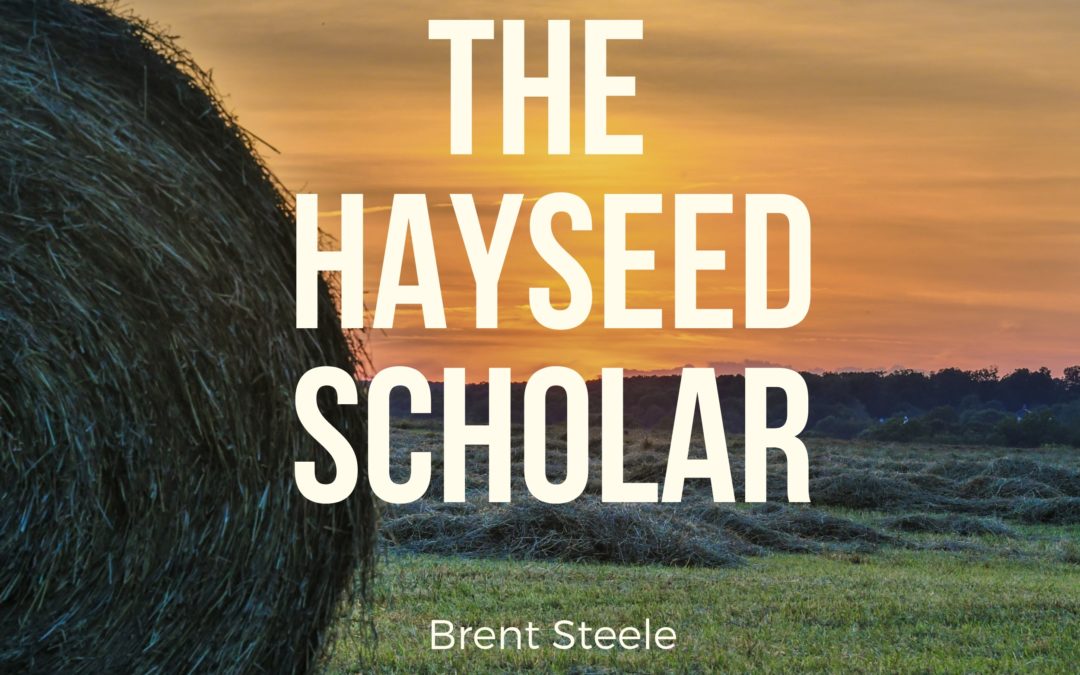Back in 2019, Uri Friedman wrote that we “find ourselves—as you will have heard in the corridors …


Back in 2019, Uri Friedman wrote that we “find ourselves—as you will have heard in the corridors …

This is the first instalment of a new series of interviews on Duck of Minerva entitled Quack-and-Forths.

ymena Kurowska of Central European University joins the Hayseed Scholar podcast. Professor Kurowska grew up in the northern part of Poland, at a time of world and local...

The practice of maintaining a long-term, peacetime military presence in another state (or “sovereign basing”) only developed in the last century. Before World War II, a foreign military presence usually meant one of three things: occupation, colonization, or a wartime alliance. This changed radically in the years after 1945.
You never know when IR is going to bite you in the ass. One minute you are reading a children’s nursery rhyme and the other you realize that the spokesperson for the Russian Foreign Ministry Ms. Zakharova read it too, but decided to use it in foreign policy discourse. The rhyme in question is by a Soviet children’s writer Samuel Marshak, a Soviet Dr. Seuss, if you will: Don’t you stand too close to me I’m a tiger, not a pussy Yes, pussy has the same Russian translation and it has both meanings, the one that Marshak used back in the day denoted just a cat, but Ms. Zakharova built a whole...
This is a guest post by Theresa Squatrito, Assistant Professor at the London School of Economics, Magnus Lundgren, Postdoctoral Researcher at Stockholm University, and Thomas Sommerer, Associate Professor at Stockholm University. On May 6, 2019, former U.N. High Commissioner for Human Rights, Zeid Ra’ad al Hussein, accused world leaders for failing in their defense of human rights. World leaders, he claimed, are “weak, short-sighted and mediocre” and remain silent in response to some of today’s worst human rights violators. Given the prominence of human rights in...
On October 2, I sat in the audience of the first of six public events in what appears to be MIT’s semester of climate change. Introducing the great and good of climate science, MIT president Rafael Reif made a comment that struck me. To paraphrase, he argued (or at least I think he did, I was grading at the same time) that in an era of diminished federal and state funding for research, it is incumbent on universities to seek out funds to support climate research from private actors. Hard to argue with this statement, and yet…it seems to narrow the agency of universities to figuring out the...

It's happened to all of us. You get that email "Decision on Manuscript...," open it with a bit of trepidation, just to find a (hopefully) politely worded rejection from the editor. Sometimes this is justified. Other times, however, the rejection is due to the legendary "Reviewer #2," a cranky, ill-informed, hastily written rant against your paper that is not at all fair. The details can vary--they don't like your theoretical approach, don't understand the methods, are annoyed you didn't cite them--but the result is the same: thanks to a random draw from the editor's reviewers list you've got...

This post will be quick for me to write, but may suck up the rest of your morning. caveat lector. Rachel Navarre—my friend from grad school, who works at Bridgewater State—compiled what was then an up to date collection of links on Impeachment. As she notes, keeping up with the latest developments is a full time job, and most of us already have full time jobs. But she has links to background as well as some of the most recent developments.

The basic principles that should guide letters and their RFDs hold across every kind of decisions. However, we need to recognize important differences between, say, a rejection and an R&R. In this post, I lay out my thoughts about letters for the types of decisions that we made at ISQ. Not all journals use the same categories or mean the same thing. For instance, a (rare) "reject and resubmit" at ISQ meant that we would consider a revised version of the paper as an entirely new submission; at some journals, a "reject and resubmit" is equivalent to "major revisions" R&R. Desk...
Public Domain — From Pixabay For caveats and background, see my introductory post. Editors write a lot of decision letters. At high-volume journals, editors write so many decision letters that it can become a tedious grind. For authors, though, the information communicated in decision letters matters enormously. It can affect their job prospects, salaries, and chances of advancement. Of course, authors, especially in the moment, overestimate the significance of any single journal decision. But receiving a rejection, revise-and-resubmit invitation, or an acceptance can certainly feel like a...
The following is a guest post by Dr. Daniel Nicholls. Daniel Nicholls is an adjunct professor of IR at ESADE and the Pompeu Fabra University in Barcelona. His research looks at the interplay between relational structures, roles and hierarchy. In an interesting piece on the Japan-South Korea spat in Foreign Affairs, Bonnie S. Glaser and Oriana Skylar Mastro argue that by failing to mediate the dispute between the keystones of its Asian alliance system, the US risks losing regional influence to a fast-moving and wily China. In short, if Washington doesn’t jump in as a relationship counselor,...